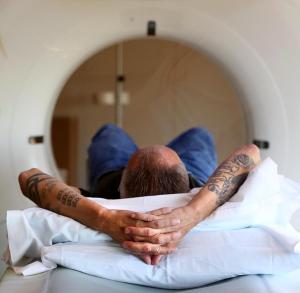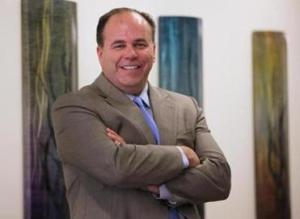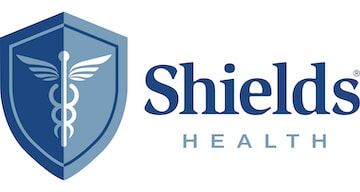
Patient underwent an MRI at Shields MRI clinic in Woburn.
Shields Health Care expanding network of imaging centers, clinics
By Priyanka Dayal McCluskey GLOBE STAFF OCTOBER 01, 2015
For decades, Shields Health Care Group has focused on one aspect of health care: outpatient clinics that provide medical services at lower costs than hospitals.
Now, with the health care industry under increasing pressure to control costs, the demand for Shields’ specialty is growing, and the family-owned Quincy company has embarked on a significant expansion. Shields is in talks to open at least a half-dozen outpatient clinics over the next two years, adding to the 43 it already operates.
Best known for its MRI services, Shields plans to open two new imaging centers in Massachusetts and at least four more in two newer markets for the company: New Hampshire and Maine. Locations have not been announced because the deals have not been finalized.
Chief executive Thomas A. Shields said the company is well positioned to grow because of the cost pressures on health care providers as well as on patients. As consumers pick up bigger shares of medical costs through higher deductibles and copayments, many are seeking more affordable options.
Shields Health Care is paid about $600, on average, for each MRI it performs, about half the reimbursement Boston’s teaching hospitals get, the company says.
“We believe patients are looking for greater value in the future, and we think we can lead the market in value,” Shields said. “We think that’s where the market is going.” The company, founded in 1972 by Shields’ parents, started in nursing homes, moved into kidney dialysis centers, and in 1986 began offering what would become its core business: medical imaging.
The imaging centers house MRIs and other big machines that take high-quality pictures, allowing doctors to scan various parts of the body for tumors, tears, infections, and other problems.
The company also runs radiation therapy clinics and an outpatient surgery center for New England Baptist Hospital. It has agreed to operate an outpatient surgery center, scheduled to open in 2017, for UMass Memorial Medical Center .
Shields Health Care Group, as a privately held company, does not disclose revenues, profits, or other financial information.
Its growth strategy is in many ways a continuation of its past: Shields is teaming up with hospitals. The company has joint ventures with several hospitals and health systems across Massachusetts, in which it provides MRI services and shares ownership of outpatient clinics.
Such deals are important for hospitals looking to control costs while holding onto patients, said Matthew R. Fisher, a health care lawyer at a Worcester firm, Mirick O’Connell.
“If the hospital shifts the service into a location where the cost is going to be less,” he said, “it’ll help them retain their patients.”
The approach has proven successful. The number of MRI procedures at Winchester Hospital’s imaging center, for example, grew by 6 percent after it paired up with Shields in 2013.
“It made sense for us to partner with Shields, given their expertise,” said Mary Sweeney, vice president of strategic development at Lahey Health, Winchester’s parent company. “We saw a flattening or a potential decline in our MRI volume if we didn’t move in this direction.”
Lowell General Hospital experienced more dramatic growth in its MRI business — 70 percent since 2012 — after partnering with Shields .
“They run the business more efficiently than we run it because that’s the only thing they do,” said Jody White, president of Lowell General. “This is all they do. They’re just focused on this piece of business.”
Shields has lower costs than hospitals partly because of the size of its network.
It centralizes tasks like scheduling and billing, so it doesn’t have to hire people at every clinic to do administrative work. It can keep MRI machines running longer hours because it employs its own engineers, who can quickly make repairs. It cut the check-in time for each patient by more than 10 minutes by switching from paper forms to an iPad.
The focus on efficiency developed over the last several years as Thomas Shields watched the health care industry experience upheaval through the recession and a slow recovery that reduced the use of medical services, and as the Affordable Care Act, the sweeping federal law, increased pressure to control costs; the consolidation of health care providers in response; and changes to the way insurers reimburse medical services.
“We thought we could play a larger role in the marketplace,” Shields said, by facing the challenge: “We’d have to stretch, we’d have to reach, we’d have to work harder than ever before.”

Tom Shields, President & CEO
